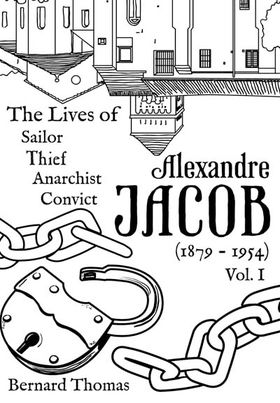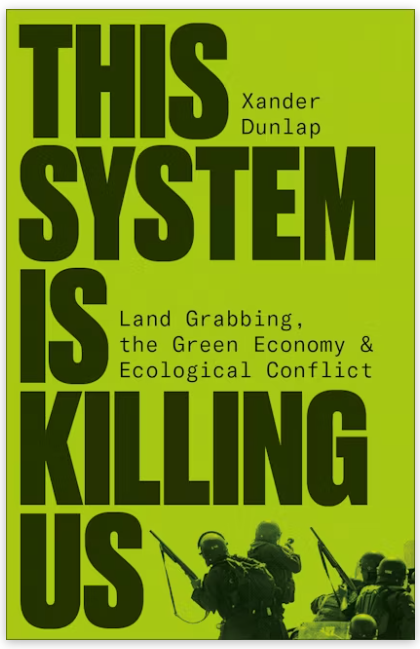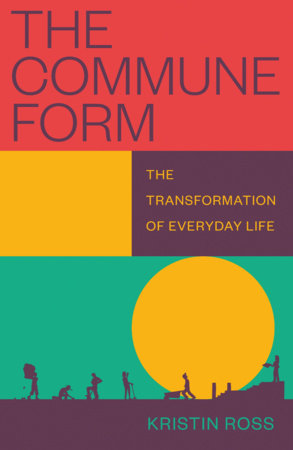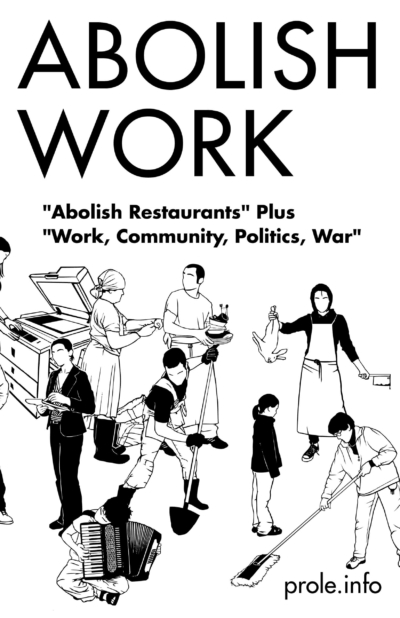The Russian Anarchists by Paul Avrich
£8.50
In the turmoil of the Russian insurrection of 1905 and civil war of 1917, the anarchists attempted to carry out their program of “direct action”—workers’ control of production, the creation of free rural and urban communes, and partisan warfare against the enemies of a free society.
Only 1 left in stock
Description
In the turmoil of the Russian insurrection of 1905 and civil war of 1917, the anarchists attempted to carry out their program of “direct action”—workers’ control of production, the creation of free rural and urban communes, and partisan warfare against the enemies of a free society.
Avrich consulted published material in five languages and anarchist archives worldwide to present a picture of the philosophers, bomb throwers, peasants and soldiers who fought and died for the freedom of “Mother Russia.” Including the influence and ideas of Bakunin and Kropotkin, the armed uprisings of Makhno, the activities of Volin, Maximoff, and the attempted aid of Berkman and Emma Goldman.
“It combines exact scholarship with imaginative insight, intellectual grasp and readability. The author has a flair for concrete instance that makes the milieu which he describes alive and he conveys not only what people said and did but also what they meant and felt.”—Times Literary Supplement
Paul Avrich is professor of history at Queens College (retired).
Anarchism, as a political movement influencing contemporary societies and modern political thought, first emerged in Southern Russia, in the area known as the Pale of Settlement, extending from the Baltic to the Black Sea on the Western borderlands of the old Russian Empire. Here the indigent populations were persecuted mightily. The situation was not unlike the current crisis in Gaza. The afflicted were hard pressed by state sponsored terrorism. Avrich covers the entire history of Russian anarchism from its earliest roots in Russia, through the suppression of anarchism by the Bolsheviks in the 1920’s, and follows the remainder of the lives of its leading lights through the 1960’s. This well-produced study is documented with footnotes and index, a chronology, and a thirty-page annotated bibliography. All the major thinkers in the movement are discussed in the essential details: Bakunin, Kropotkin, Baron, Rogdaev, Chernyi, Makhno, Volin, Shapiro, Maksimov.
In the context of today’s pervasive patriarchal statism, fascism, and corporatism (all feeding off of each other), the anarchists have a message for us. We certainly do not want an emergence of the type of state-socialism witnessed in Russia and China, in America. However, capitalism, with its inherent indifference to suffering and wholesale destruction of the environment, cannot long continue as a viable form of social organization. The injustices are too great, the population numbers, too large. Centralized capitalist statism, as we have known it, is in its death-throes. Although ferocious assertions of power by those in authority have, are, and will be instantiated, sooner or later, chaos will ensue if we stay stuck on our present course. A decentralized, democratic, decision-making process holds the promise of better way of life. We must learn to govern ourselves, by ourselves, as a society organized on the basis of the voluntary cooperation of free individuals. This vision of the future was the dream of the anarchists.
Passionately written by the late Paul Avrich (August 4, 1931-February 16, 2006), whose massive research on the history of anarchism is part of the Library of Congress, this easily read and meticulously documented volume is the best overview of the development of these crucial ideas available.
Additional information
| Weight | 0.550000 kg |
|---|





